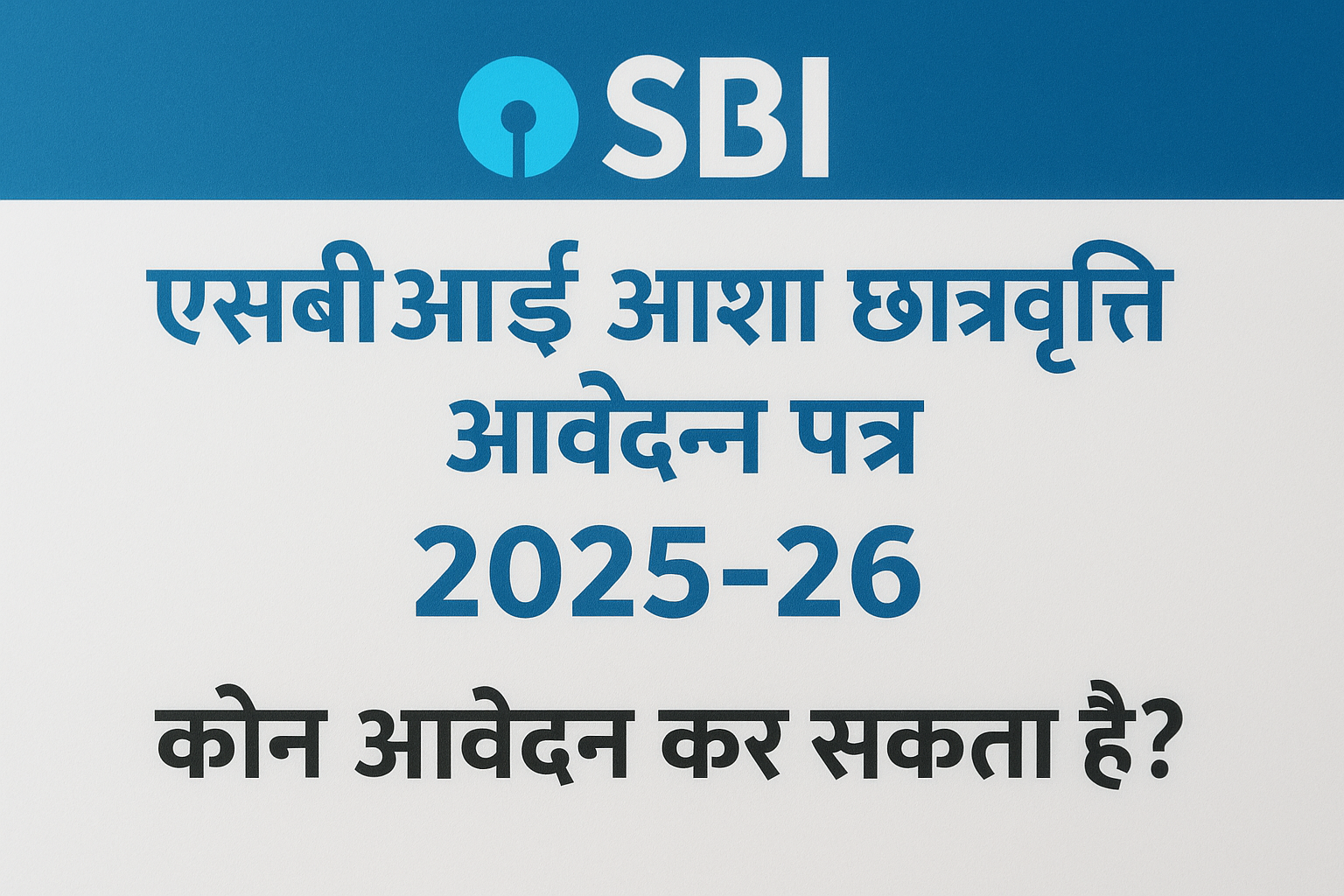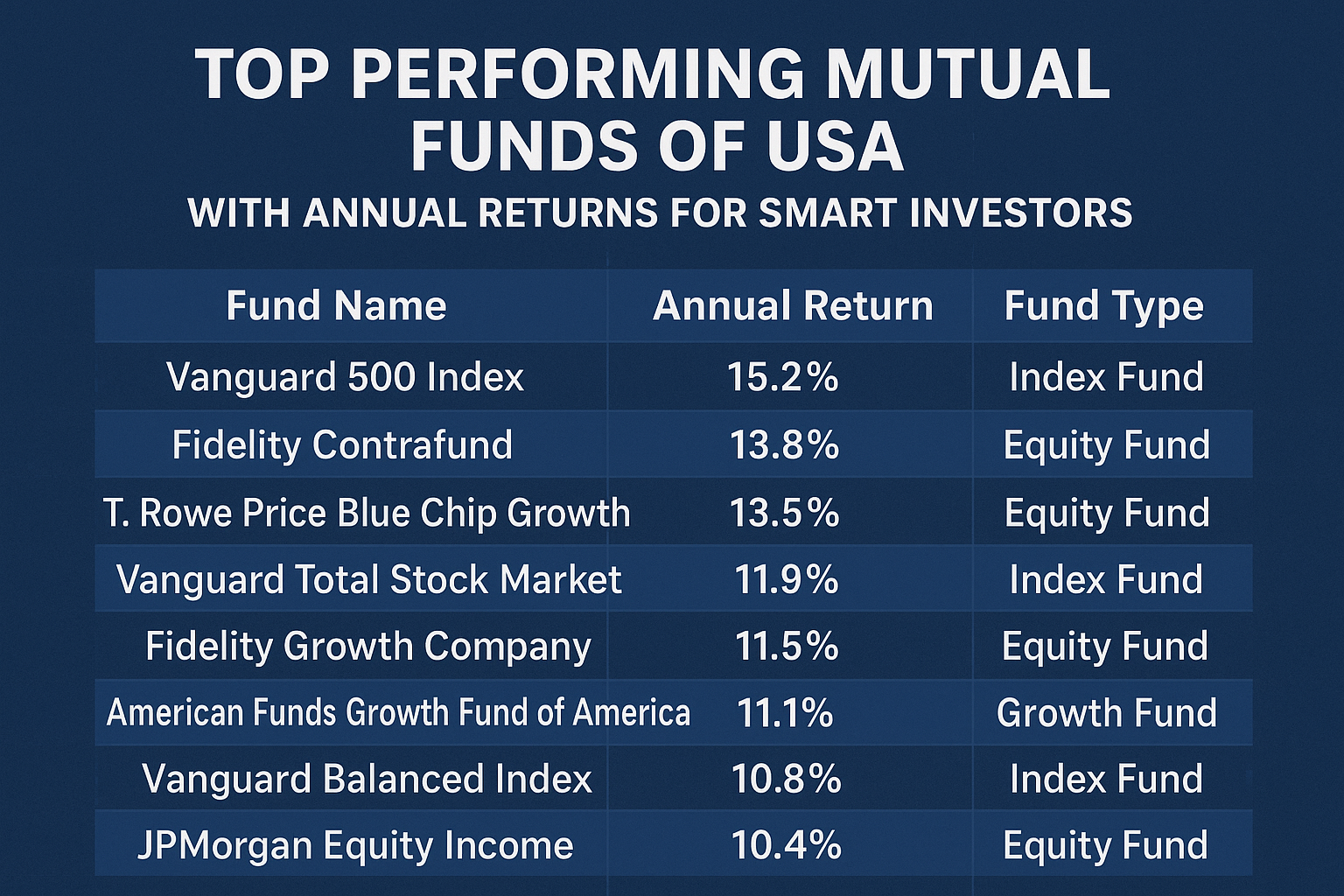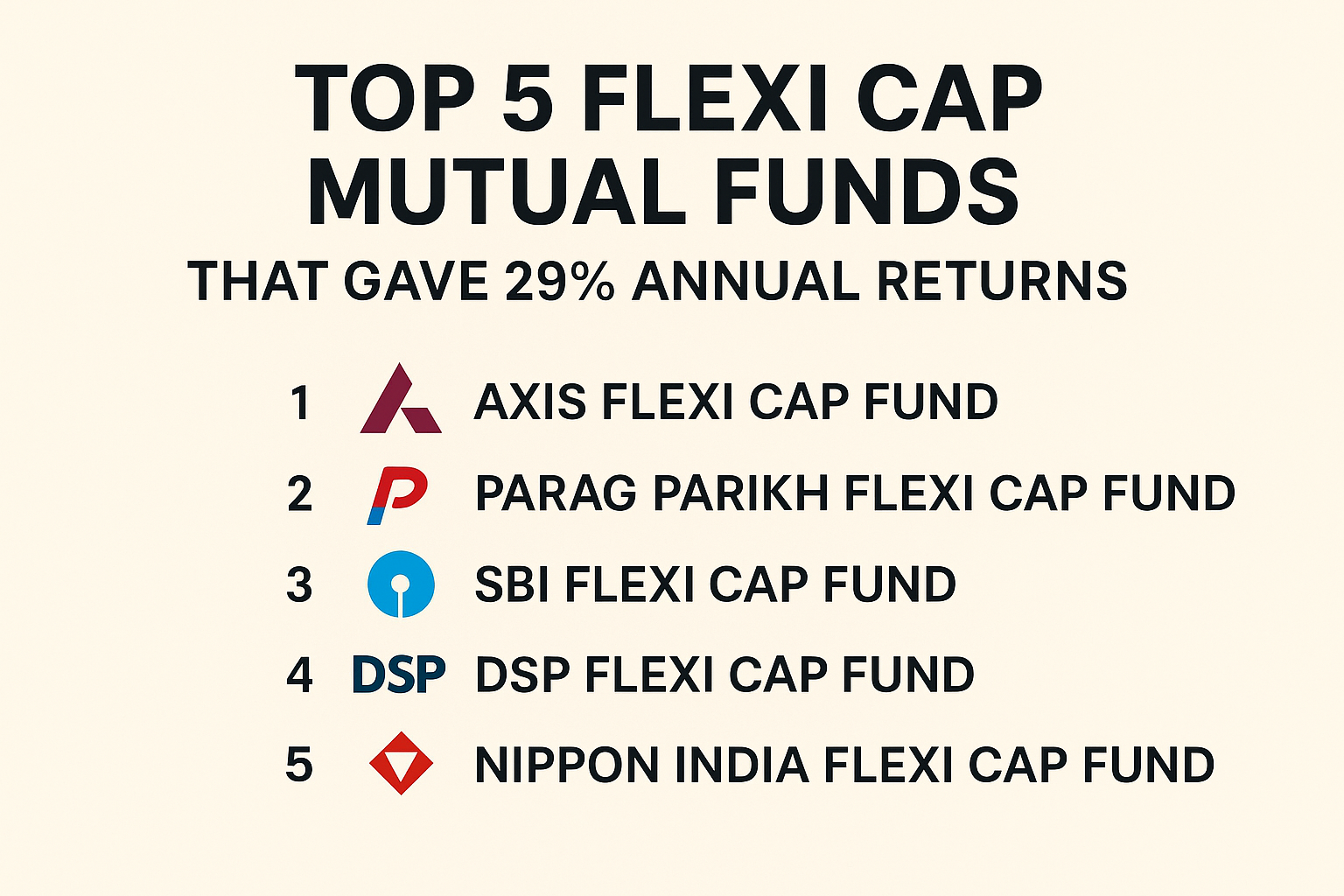what is SIP in ETF ?
SIP in ETF: A Smart Way to Invest Regularly. What is SIP in ETF? SIP (Systematic Investment Plan) in ETF (Exchange-Traded Fund) refers to a disciplined investment strategy where investors invest a fixed amount at regular intervals (monthly/weekly) in an ETF. Unlike mutual funds, SIPs in ETFs are not always directly offered by fund houses, but investors can manually do it through stockbrokers or investment apps like Grow, Zerodha, Upstox etc.
Key Features:
1. Regular Investment: You invest a fixed sum regularly, helping you average out the cost over time (Rupee Cost Averaging).
2. ETF Advantages: ETFs offer low-cost exposure to a diversified portfolio (like Nifty 50, Sensex, Gold, etc.).
3. Market-Linked Returns: As ETFs are listed on stock exchanges, their prices fluctuate during trading hours, and you can track your investments in real-time.
4. Manual SIPs: Since many platforms do not offer automatic SIPs in ETFs, you can set reminders or use platforms like Zerodha, Groww, or Upstox that allow scheduled ETF investments.
Benefits of SIP in ETF:
•Affordability: Start with small amounts.
•Discipline: Encourages long-term, consistent investing habits.
•Diversification: Access to multiple stocks/sectors with one investment.
•Lower Cost: ETFs generally have lower expense ratios than mutual funds.
Example: You can start a SIP of ₹100 every month in Nifty 50 ETF. Over time, your investment grows with the market while benefiting from cost averaging and market returns.
Conclusion: SIP in ETF combines the power of disciplined investing with the benefits of low-cost ETFs. It’s ideal for long-term investors who want to build wealth steadily with better control and transparency.








